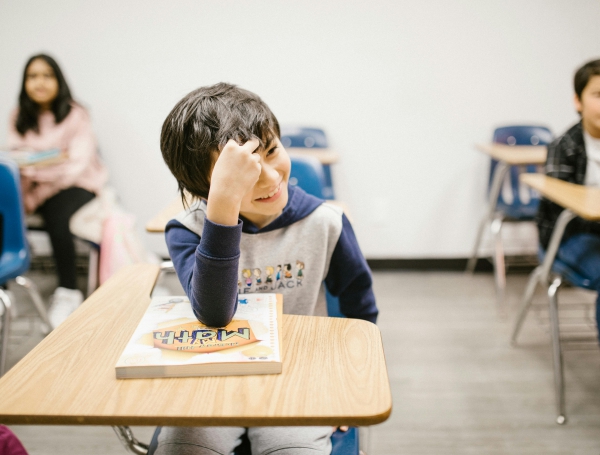Guest post by THI instructor Michael Sedler
When students don’t respond to an adult in the manner in which is expected, especially if the response is behaviorally challenging to us, we begin to make judgments about the behavior. Are they being oppositional, argumentative, defiant? Do they need attention, consequences, or should we ignore them?
If we can understand the motivation of the behavior, it will help each of us to choose the appropriate intervention and support for that student. It is too easy to default to the idea that the student is acting out for attention or because they are simply ‘like that.’ In fact, most of the time, this is not the case at all. There are numerous reasons that a child may be behaviorally challenged, including the desire for power or control, the need to escape, a lack of understanding, frustration and anxiety, desirous of a tangible object or activity, peer rejection and isolation, or they may be over/under-stimulated. The more we understand these functions of the behavior, the more effective we will be with our chosen strategies to assist the child.
* What are the underlying reasons that motivate behaviors in students?
* How can we reduce the acting out behaviors without entering into a power struggle?
* What are the characteristics that relate to underachievement and result in mal-adaptive
behaviors?
* How can we assist students toward becoming more task-focused and minimize
procrastination?
This topic is one that was applicable 30 years ago and will be 30 years in the future. It impacts all educators, Preschool through High School. Recognizing the motivation of behaviors helps us to avoid becoming too rigid and making assumptions about student actions and instead encourages us to evaluate each student as an individual. The more ideas and strategies we have at our disposal, the more empowered we feel and more confident we are in helping each child.

THI instructor, Michael Sedler wrote this guest post. Mike Sedler, D.Min., M.S.W. brings over 30 years of educational experience as an administrator, social worker, behavior specialist and teacher to each of his classes.
He provides consultation services and seminars throughout the United States and Canada for schools, agencies and businesses. He has been teaching “adult learning classes” since the mid 1980’s and has had the privilege of working for The Heritage Institute for over 25 years.
Mike is passionate about children and emphasizes the importance of avoiding power struggles, offering options/choices to children, setting clear boundaries and guidelines as well as finding a place of positive engagement and connection with each individual. His heart for people and emphasis on positive communication are found throughout his seminars and classes.
All of Mike’s classes are practical and “field tested” in schools and classrooms. Educators have found ongoing success in implementing Mike’s clear and concise approaches. Click here to view Mike’s classes or go to his website at https://www.michaelsedler.com/



 THI instructor, Michael Sedler wrote this guest post. Mike Sedler, D.Min., M.S.W. brings over 30 years of educational experience as an administrator, social worker, behavior specialist and teacher to each of his classes.
THI instructor, Michael Sedler wrote this guest post. Mike Sedler, D.Min., M.S.W. brings over 30 years of educational experience as an administrator, social worker, behavior specialist and teacher to each of his classes.



